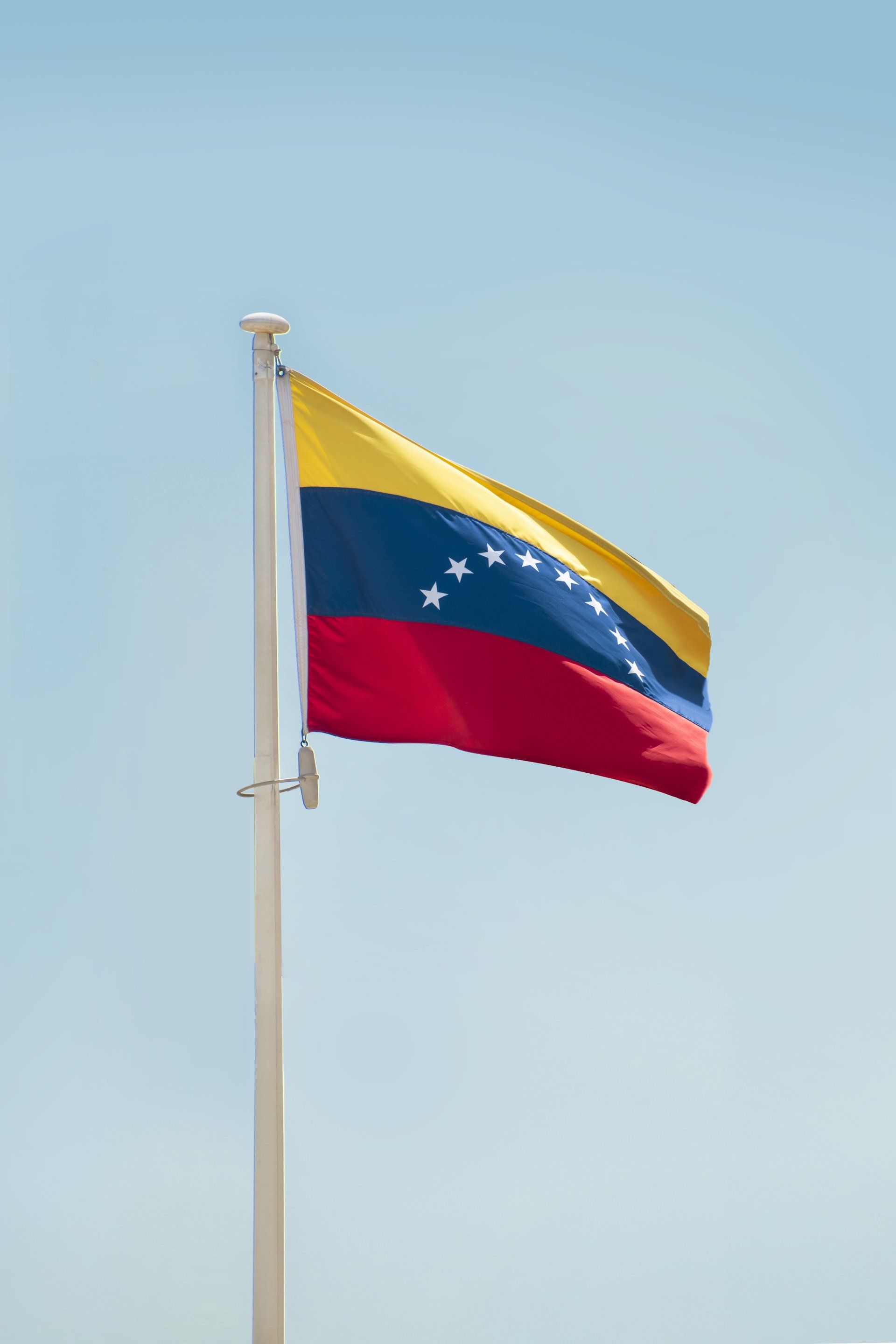Contact Us
Phone: 602-586-5625
Location
5333 N 7th St
Suite A-206
Phoenix, AZ 85014
Hours
- Mon - Fri
- -
- Sat - Sun
- Closed
Navigating the Challenges of U Visas and VAWA: A Path to Safety and Justice
Navigating the Challenges of U Visas and VAWA: A Path to Safety and Justice
For victims of crime and domestic abuse, the U-Visa and the Violence Against Women Act (VAWA) offer vital paths to safety, legal status, and empowerment in the United States. However, while these programs provide essential support, navigating the application process presents several challenges that can make an already difficult situation even more daunting.
Understanding the U-Visa and VAWA
The U visa is designed for victims of certain crimes who have suffered substantial physical or mental abuse and are willing to assist law enforcement in investigating or prosecuting those crimes. VAWA, on the other hand, allows certain abused spouses, children, and parents of U.S. citizens and lawful permanent residents to petition for legal status without the abuser's knowledge or consent.
Challenges of the U Visa Process
- Complex Application Requirements: Applying for a U visa involves extensive documentation, including proof of the crime, evidence of substantial harm, and a certification from law enforcement confirming the victim’s cooperation. Gathering and organizing this evidence can be overwhelming for victims still coping with the aftermath of their trauma.
- Long Wait Times: The U visa program has a cap of 10,000 visas per year, leading to significant backlogs. Applicants often face wait times of several years before their application is processed, during which they remain in a state of uncertainty and may lack access to essential benefits and protections.
- Law Enforcement Certification: Securing the required certification from law enforcement can be challenging. Some victims may encounter reluctance or lack of cooperation from law enforcement agencies, which can hinder their ability to obtain the necessary documentation for their U visa application.
Challenges of the VAWA Process
- Proving Abuse: Applicants must provide detailed evidence of the abuse they suffered, including affidavits, police reports, medical records, and other documentation. Collecting this evidence can be particularly difficult for those who have not reported the abuse or sought help due to fear or other reasons.
- Legal and Emotional Hurdles: Navigating the VAWA process often requires legal assistance, which can be difficult to obtain due to financial constraints or lack of access to resources. Additionally, the emotional toll of reliving traumatic experiences and facing potential retaliation from abusers adds another layer of difficulty.
- Good Moral Character Requirement: VAWA applicants must demonstrate good moral character, which can be a complex and subjective determination. This requirement may disqualify individuals with minor criminal records or those who have engaged in behavior under duress from their abuser.
Seeking Support and Overcoming Barriers
Despite these challenges, there are resources and organizations dedicated to helping victims navigate the U visa and VAWA application processes. Legal aid organizations, non-profits, and advocacy groups can provide crucial assistance with documentation, legal representation, and emotional support.
Victims are encouraged to seek help from these resources to better understand their rights and options. Additionally, continued advocacy for policy changes and increased funding for these programs is essential to reduce wait times and improve access to justice and protection for victims.
Conclusion
While the U visa and VAWA offer essential pathways to safety and legal status for victims of crime and abuse, the application processes are fraught with challenges. Understanding these obstacles and seeking appropriate support can help victims overcome barriers and secure the protection and justice they deserve.
Wheeler Law is available to answer any other questions you may have, and/or help you take the next steps to your, or your loved ones, future. At Wheeler Law, we find creative solutions to break down the barriers holding you, or a loved one, back from obtaining legal status in the United States. Call us now to schedule a consultation: (602) 586-5625.
Follow us on
social media for more tips about U-Visas and VAWA.








Schedule a Case Evaluation
Contact us now!
Disclaimer: The information on this website is for general information purposes only. Nothing on this site should be taken as legal advice for any individual case or situation. This information is not intended to create, and receipt or viewing does not constitute an attorney-client relationship.
All Rights Reserved | Wheeler Law | Powered By Convert It Marketing | Privacy Policy
All Rights Reserved | Wheeler Law | Powered By Convert It Marketing | Privacy Policy



